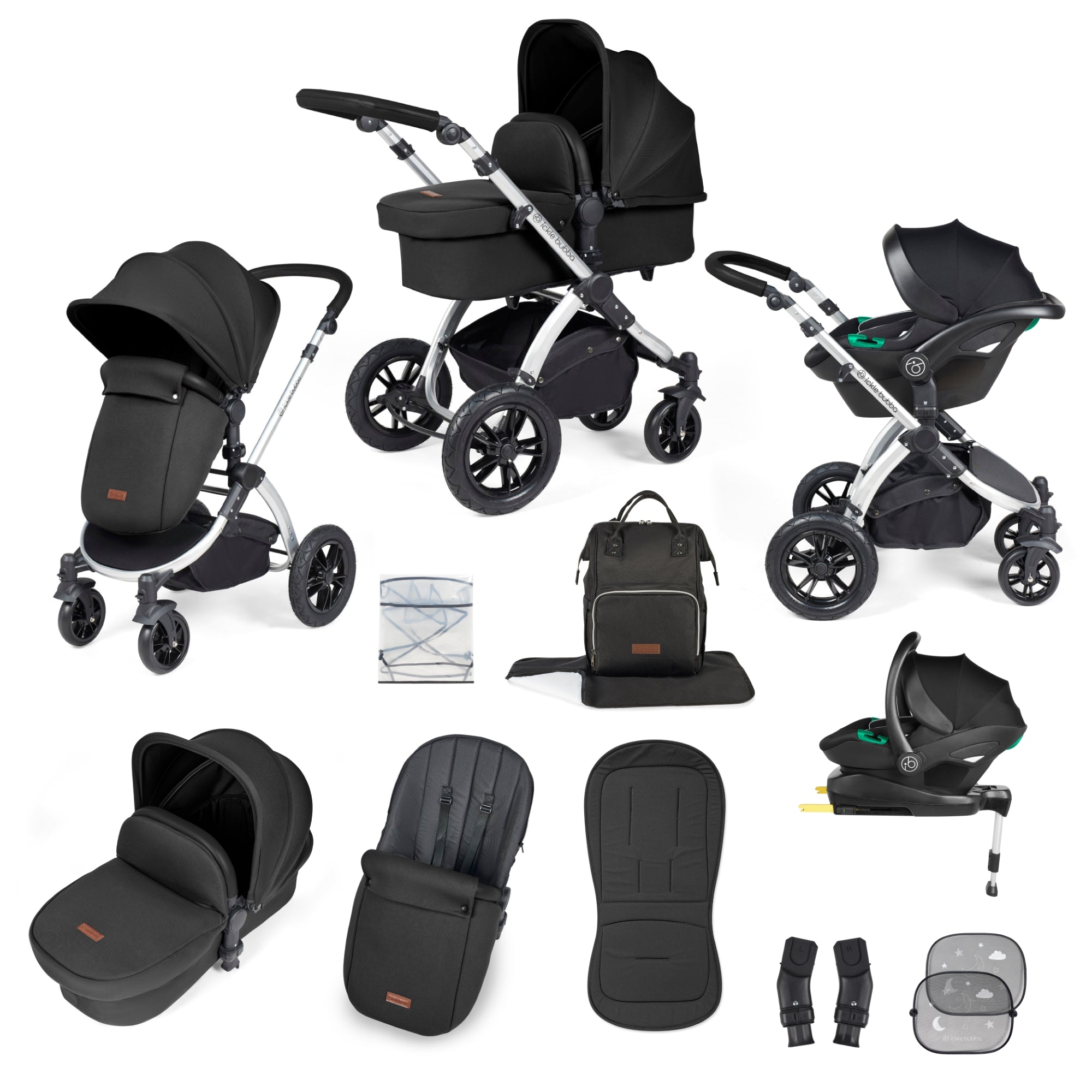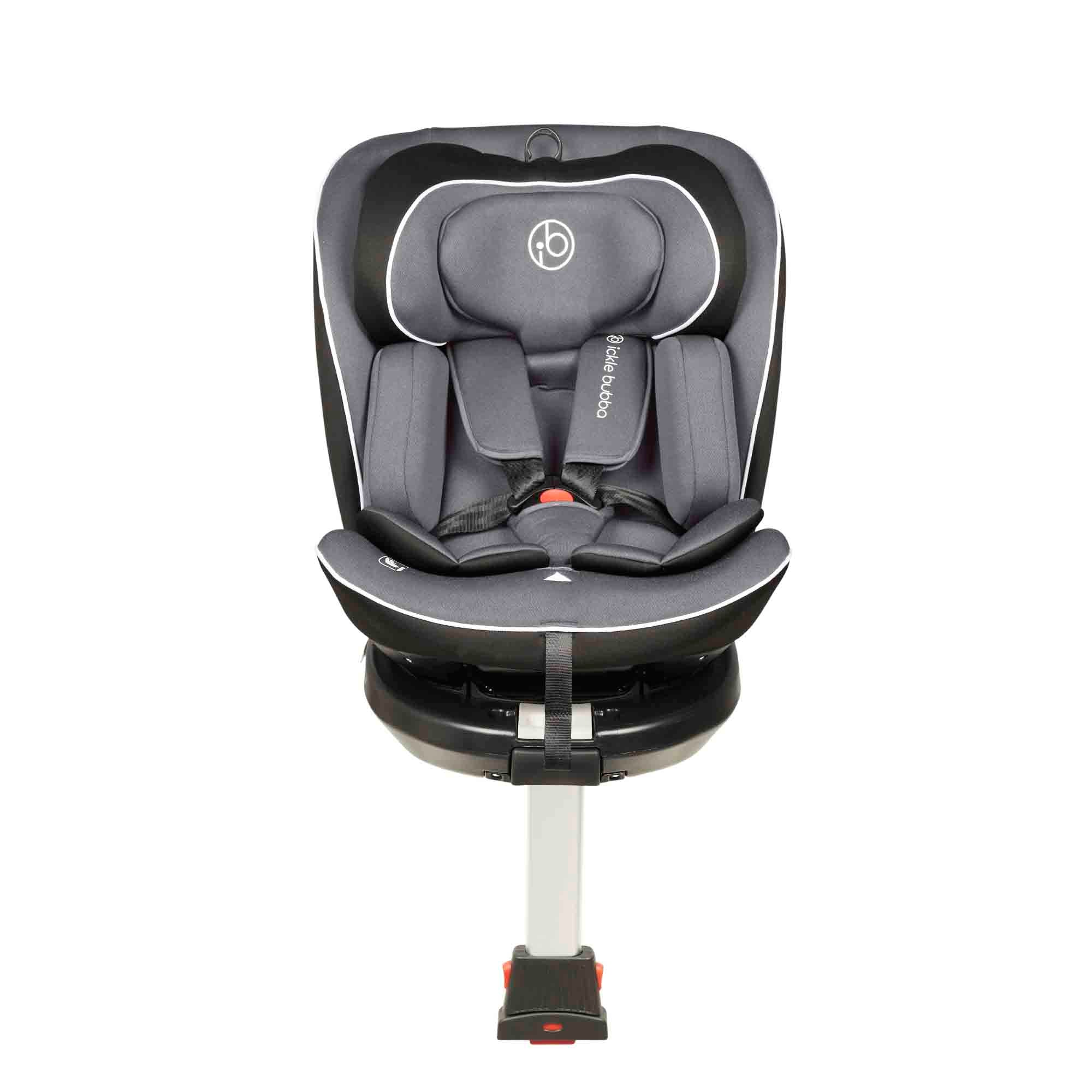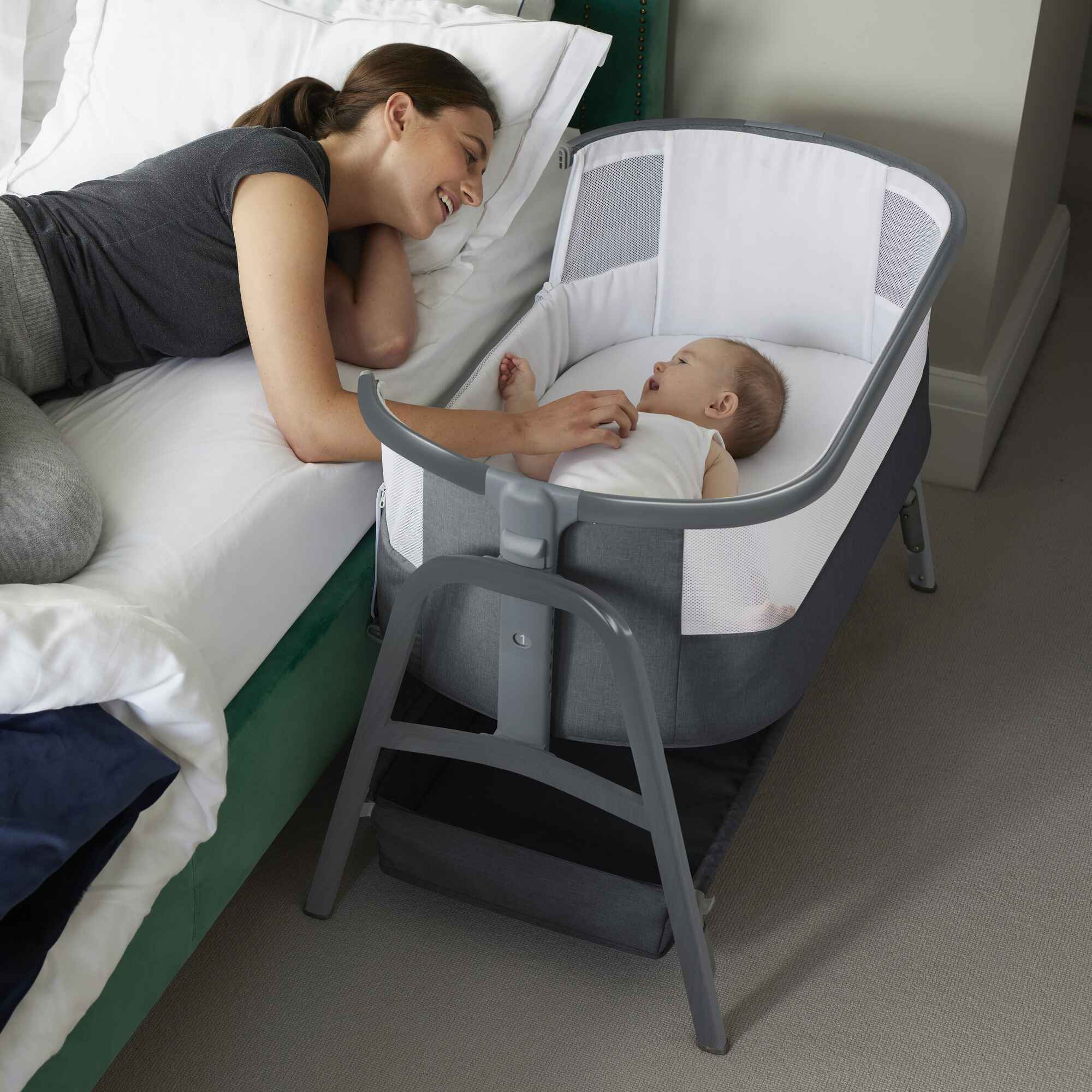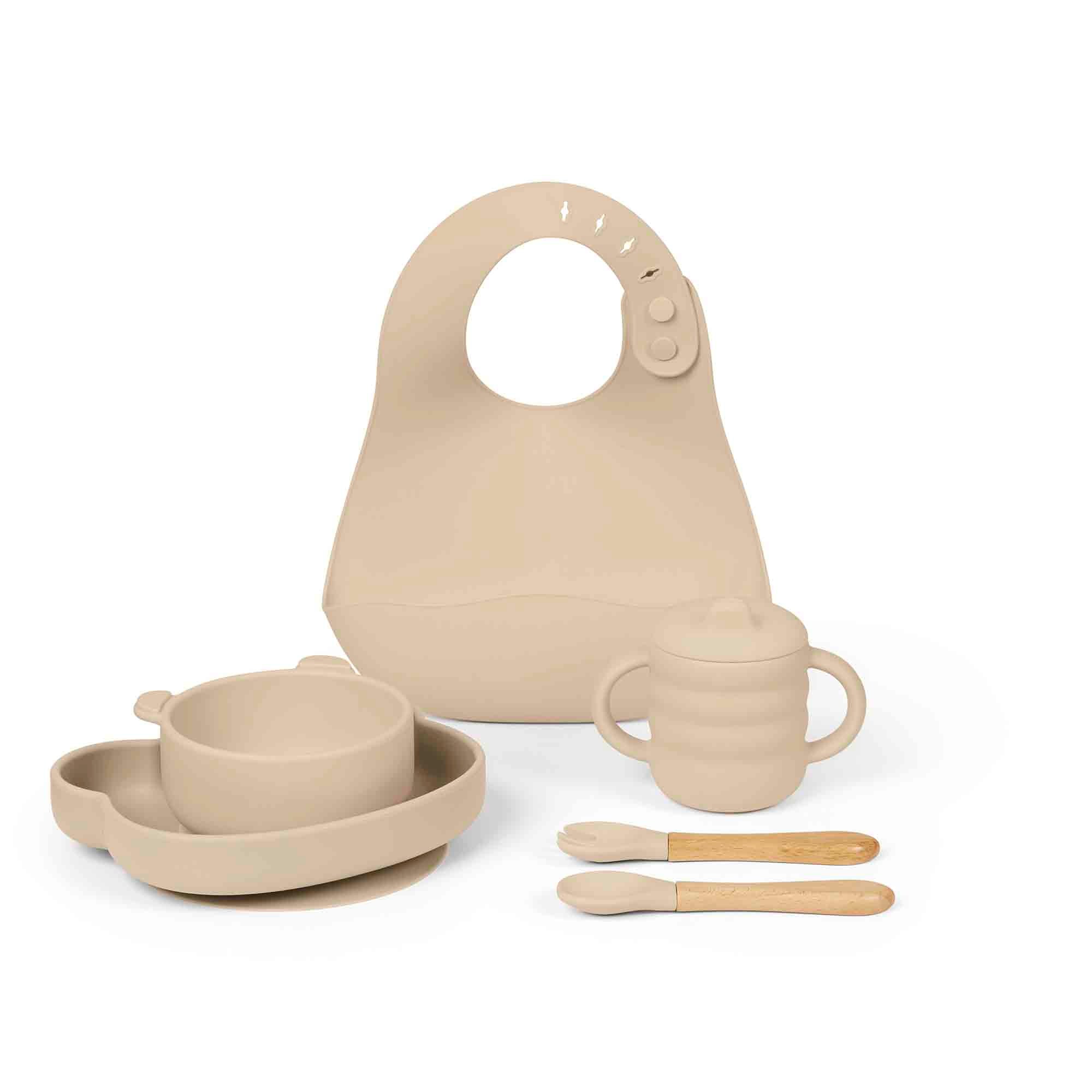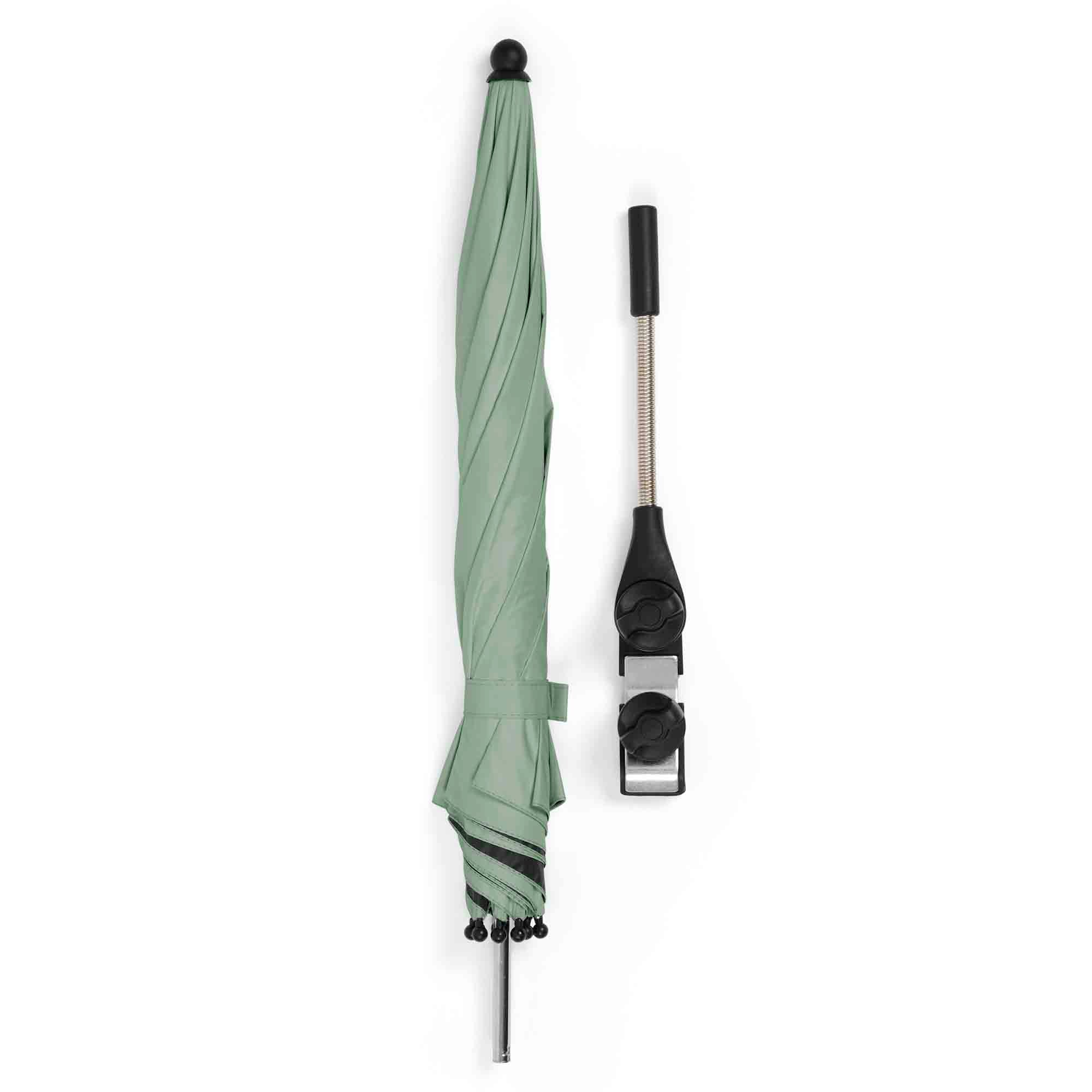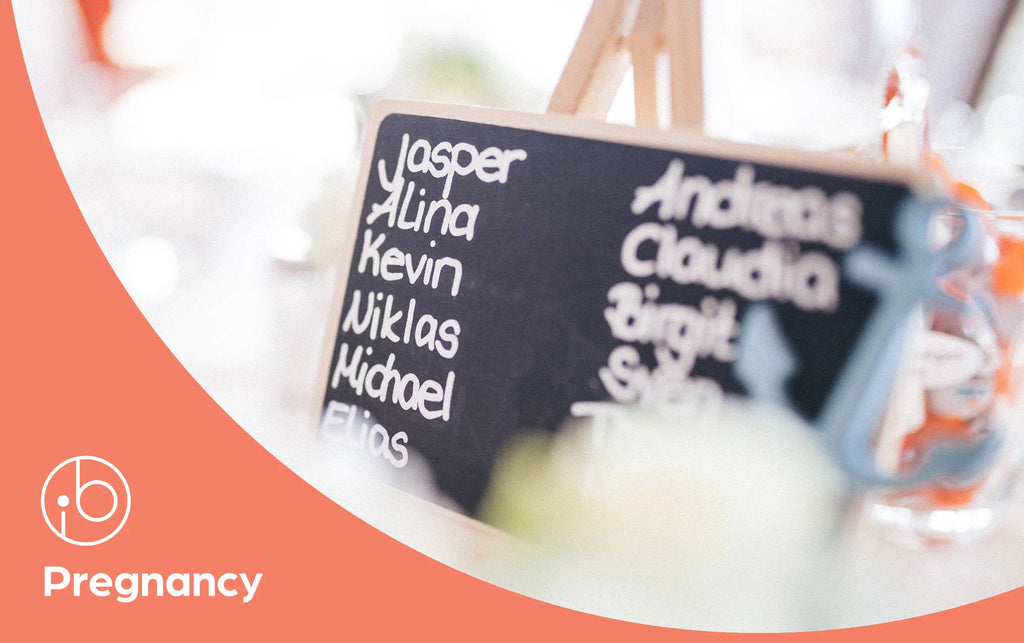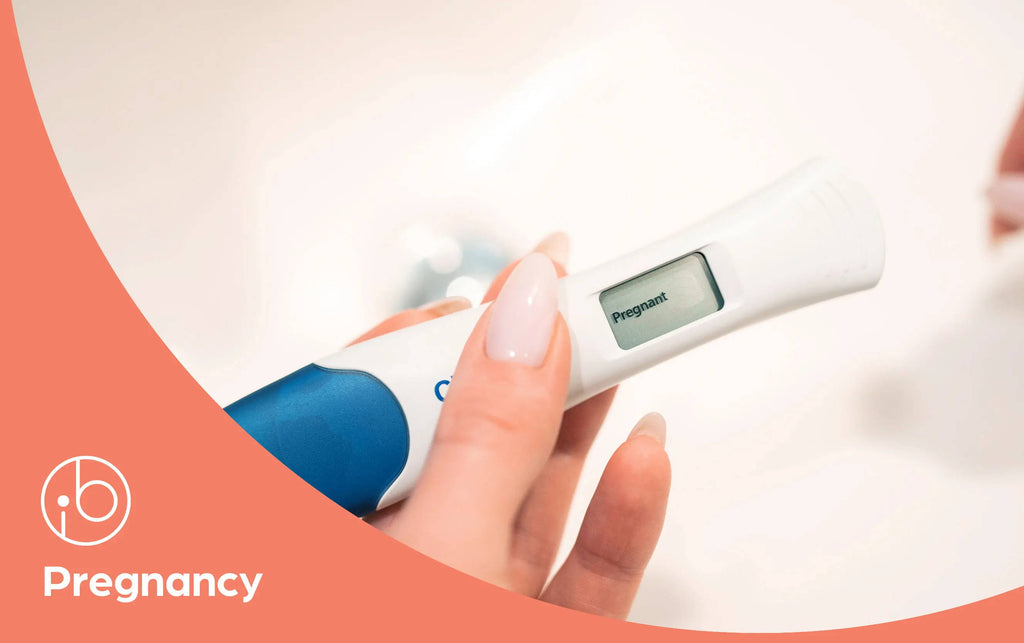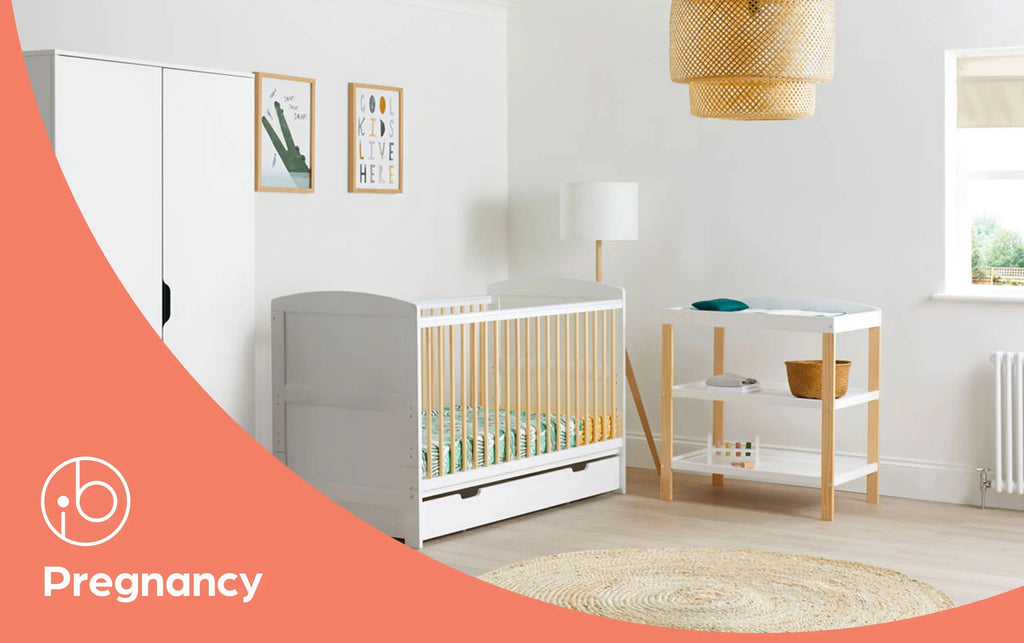C-Sections: What Do I Need to Know?
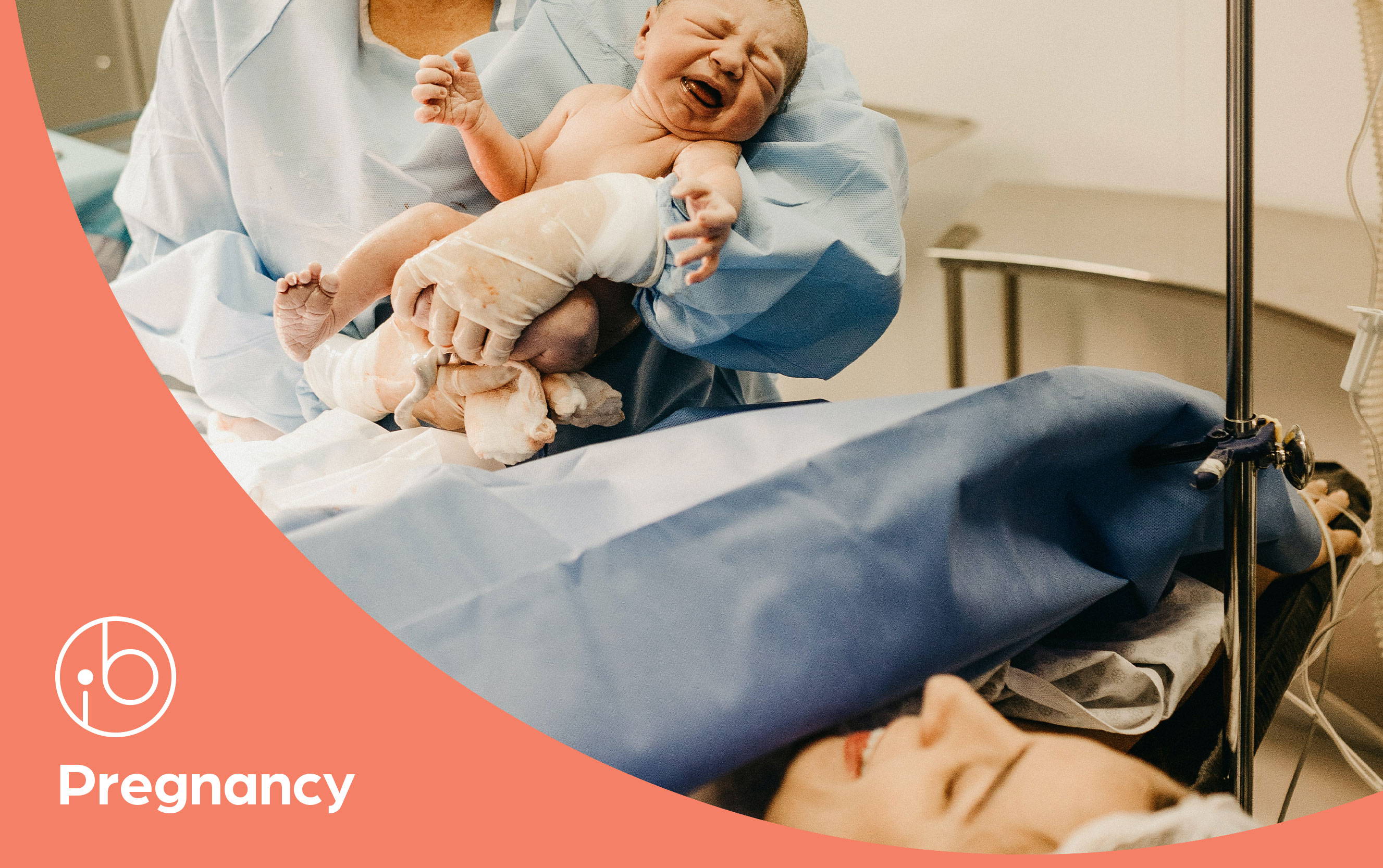
If you’re pregnant and getting ready to give birth, you will probably have made a start on your birth plan. If the due date is a little way off, there’s still time to figure out what you want. Either way, it’s important to know about C-Sections, as not everyone gets to choose if and when they have one. We’ve covered some FAQs to help clear up any confusion.
C-Sections | Understanding the basics
First off, let’s some at some of the most common questions people have before having a C-Section. That way you know what to expect, should the option arise.
What is a c section?
A c-section when a baby is delivered through an incision made in the woman’s tummy and womb. It is often referred to as a caesarean section or delivery.
What happens in a c-section?
The usual procedure for a c-section will occur in this order:
- The doctor makes a horizontal incision in the parent’s abdomen and uterus
- Your baby is delivered through the opening
- Your baby is handed to you
- You will be given a hormone injection
- The incision is closed using dissolvable stitches, stitches, or staples
The operation can take up to an hour (depending on individual circumstances) and the delivery of the baby usually lasts around 10 minutes. For a full breakdown, we recommend reading the NHS guide to what happens in a c-section.
Will you get anaesthesia?
In most cases you will be offered anaesthesia – usually a spinal anaesthetic or epidural. This means you will be awake and present for the birth of your child (though you won’t be able to see the operation itself).
In certain instances, where these types of anaesthetic aren’t possible, you will be given a general anaesthetic, where you are put to sleep for the operation.
When is c section recommended or required?
There can be a number of reasons to require a caesarean section.Often this is because labour is progressing in the ‘normal’ way, or due to complications that have arisen during pregnancy.
What is an elective caesarean?
An elective caesarean is when the parent decides to plan fora c-section because of their specific circumstances, such as the baby or placenta’s position, the number of babies you are having (i.e. triplets) and other health conditions. In this case, there is usually time to plan when the c-section occurs, so it is scheduled in like a standard operation.
What is an emergency c-section?
This is when complications occur during the labour that mean a caesarean is the safest option for both mother and baby. This could include weak contractions, foetal distress, illness or baby being too big for the pelvis. If this happens, the doctors, nurses and midwives will talk you through the procedure and what happens next.
Are c-sections safe?
Yes, they are safe, however as with all operations, there are always elements of risk especially when additional complications arise.While a natural labour is usually the preferred option, c-sections are still standard procedures, so you don’t have to worry unnecessarily.
Check out the NHS guide to caesareans for more information.
Does it hurt?
The anaesthetic prevents you from feeling any pain from the operation, however as baby is being removed from the incision, you will feel some tugging and pressure.
Can a c-section cause problems for baby?
The risks to baby during a c-section are small but common.It is possible they receive a cut on the skin during the incision, but this will heal. The other main risk is breathing problems, but this is usually only present in babies born earlier than 39 weeks.
If you feel your baby is struggling with breathing or anything else, raise it with your GP.
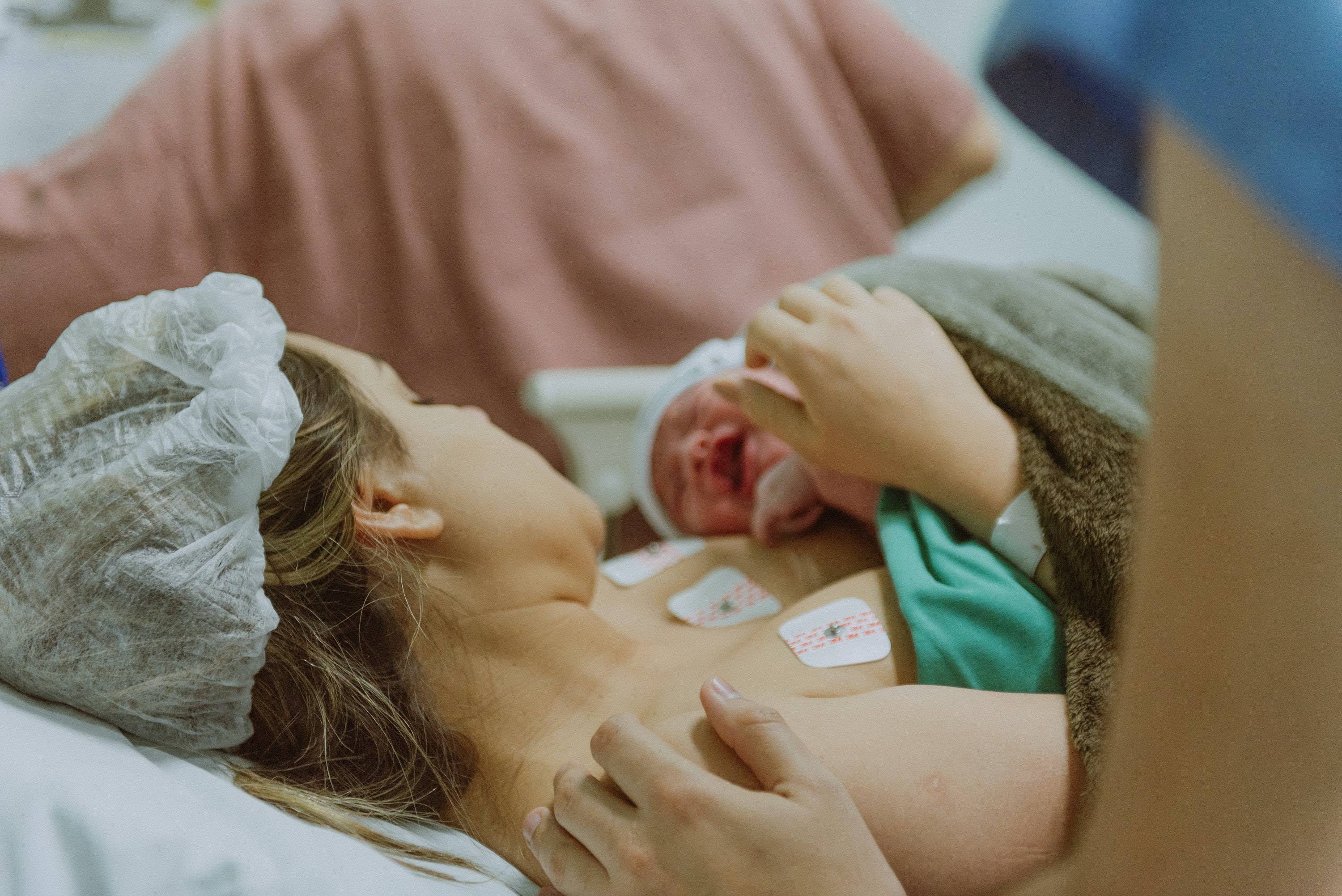
After your C-Section | What happens next?
So, we’ve looked at what happens in a c-section and the planning beforehand, but what about afterwards? This section looks at the recovery process.
How long does it take to recover from a c-section?
Like every pregnancy and labour, every c-section experience is different but it is common for the woman to have recovered and her incisions healed within about six weeks. The pain of the operation usually subsides after a couple of days, then soreness eases after about three weeks. By this point, you should be able to manage without medication.
If pain, swelling, discomfort or soreness continue, consult your midwife or GP.
Will it scar?
Yes, there will be a scar where the incision has been made.As it is a major operation, it is unlikely that the scar will go away altogether.
Will swelling go down?
You will probably experience some swelling following a caesarean as it is a major procedure, however this usually goes down within a week or so.
Does it affect further pregnancies?
Having a c-section does not guarantee there will be problems with future pregnancies, in fact most women are fine to have a vaginal delivery for their next baby. Sometimes a c-section may be suggested by doctors, if appropriate.
What is a c section pouch?
This is often known as a ‘shelf’ or ‘overhang’ but it is a protruding piece of scar tissue on your stomach, usually above your scar.
Can you breastfeed after a c-section?
Yes, you can. You may experience some discomfort as you try to find a position for baby that doesn’t put pressure on your scar, but it is entirely possible to breastfeed your child following a c-section.
Heathline has a very thorough blog about breastfeeding after a c-section.
Can you exercise afterwards?
It’s important to give yourself time to recuperate after a caesarean, your body will need to heal. You can start slowly with exercises that help you strengthen your pelvic floor muscles, then after the first six weeks(or when the pain and discomfort subside) you can start to introduce low-impact exercises like walking or swimming.
BabyCentre have a guide to exercising after a c-section.
Summary
So, hopefully that covers a lot of the burning questions you have around c-sections, but this is only a beginner’s introduction, so don’t forget to check out the links provided in the article as you’ll find lots of great detailed advice on the NHS website and other trusted sources. Whether you end up planning for a c-section or not, we wish you all the best with the rest of your pregnancy and labour.

